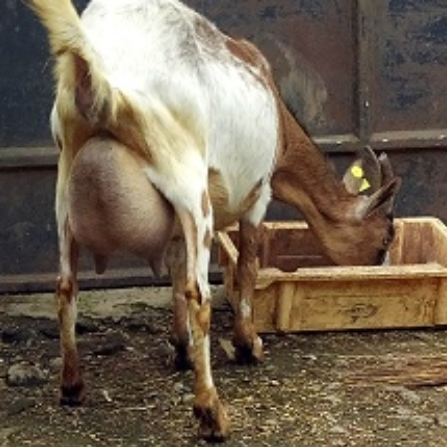
In a bid to offer market for dairy goat and camel farmers in the country who have been forgotten for long despite the nutrition value of the livestock’s milk, state-owned processor New KCC has announced plans to open a processing plant in Nanyuki to cater for the farmers.
According to dairy data for milk production by Kenya Dairy Board (KDB), goat milk production was at 221,591,000 litres in 2016 while that of camel at 848,939,000 litres the same year.
And now New KCC managing director Nixon Sigey says the new line of business will benefit the producers “following high demand of these commodities in the country.”
Goat and camel milk is highly sought by Kenyans who are keen on diet due to high nutritional value.
Currently, a litre of goat milk retails at an average of Sh200 buoyed by scarcity as most farmers are not rearing dairy goats. The same quantity of cow milk is selling at less than Sh100.
RELATED CONTENT: Goat milk research paper births milk supply station
This will be the first time in Kenya that a major processor will be venturing into goat and camel milk production on a large scale.
The move appears to be a response to calls from elected leaders for the establishment of the facility.
The leaders say that farmers in Nyandarua County were engaged in the lucrative dairy goat farming and urged New KCC to consider buying the produce from them.
RELATED CONTENT: Health and wellness counselor finds alternative cool cash from goat milk yoghurt
The plant will now compete with another private camel milk processor in the county known as WhiteGold started by an agro-entrepreneur, Jama Warsame and which is currently serving over 20 camel farmers.
WhiteGold came into being after the collapse of Vital, a giant camel milk processor in Laikipia County.

RELATED CONTENT: Health conscious middle class drives fanatical uptake of camel products
New KCC is in an expansion spree and recently President Uhuru Kenyatta directed the Treasury to release Sh1 billion for the modernization of its factories in Kiganjo and Nyahururu.
Some of the amount will be used to mop up excess milk from farmers and convert it into powder.
RELATED CONTENT: Farmer builds camel milk factory, provides market to colleagues
Milk volumes in the country have increased significantly to hit a month intake of approximately 65 million litres from 55 million in an ordinary situation.
















Comments powered by CComment